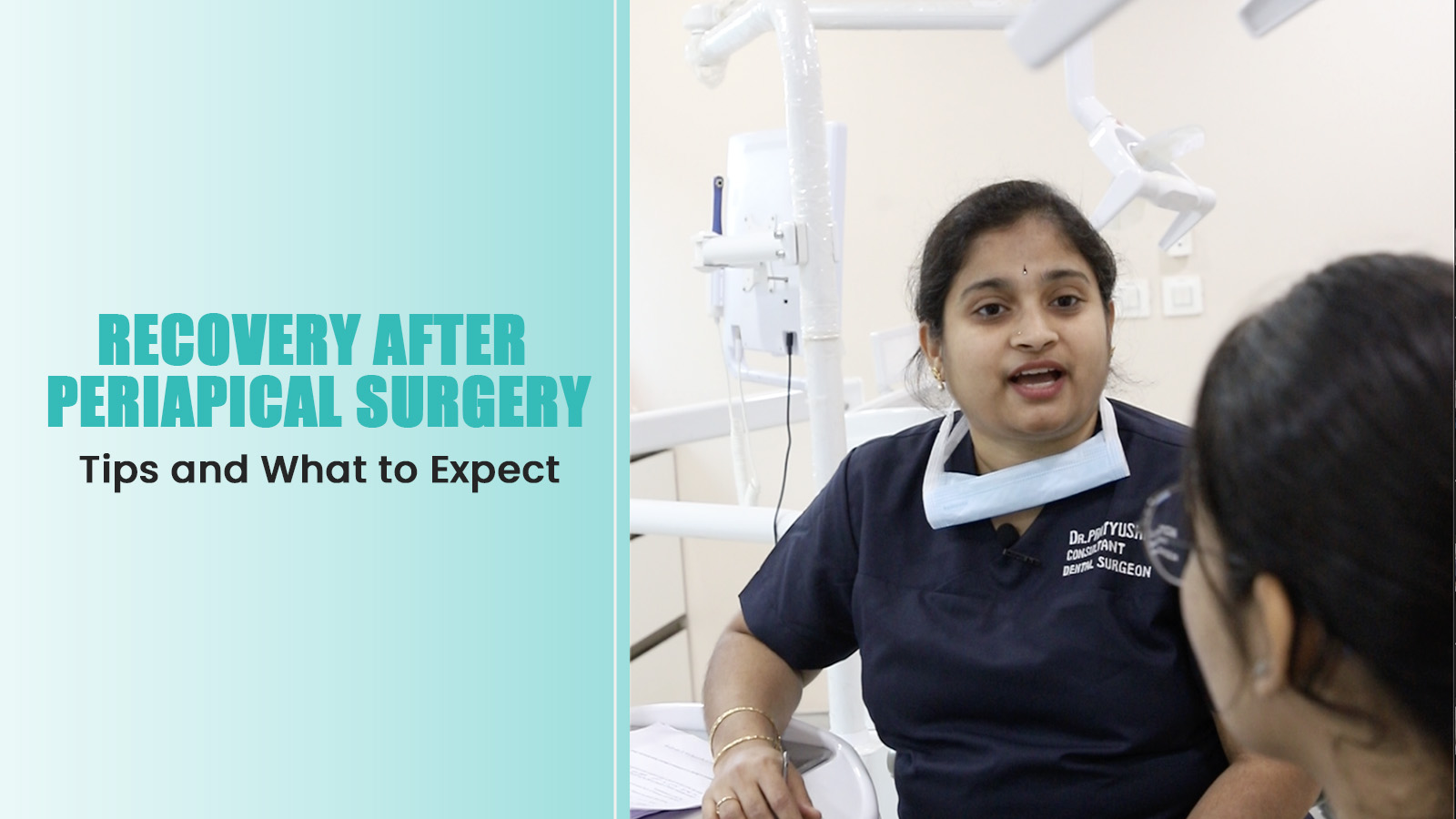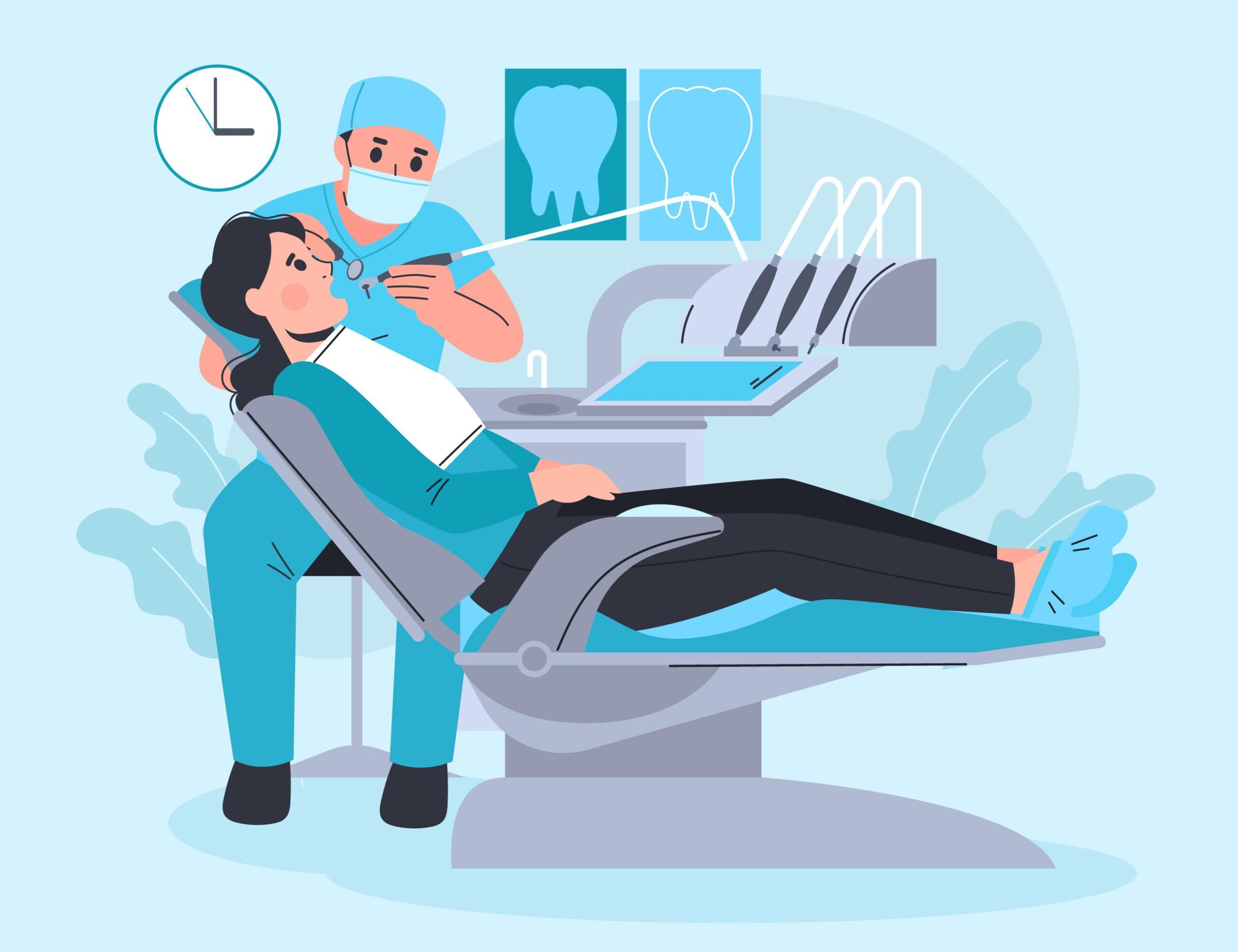
Are you someone who keeps putting off your dental checkups?
If so, remember that regular dental exams can help diagnose teeth and gum diseases early, preventing serious dental complications down the line.
Maintaining your oral health involves more than taking care of your teeth. It also includes protecting your gums from infection and diseases. Gum infections can be painful, damage your teeth, and even cause tooth loss. In many cases, severe inflammation of the tissues surrounding the apex of your tooth can occur, and that needs to be treated through periapical surgery at the best dental hospital.
Periapical surgery is a safe and effective procedure that involves removing infected tissue and sealing the tooth with a filling to avoid any chances of reinfection in the future.
Proper care after periapical surgery is essential for a speedy recovery, for which you need to follow the oral surgeon’s instructions diligently. This blog aims to be a helpful guide, exploring what to expect during periapical surgery and its aftercare.
What To Expect After Periapical Surgery
By understanding the procedure well and following your oral surgeon’s instructions properly, you can speed up your recovery after periapical surgery. Some discomfort and swelling are normal following the procedure. You may experience numbness in the lips and gums, which is common due to the local anesthesia used, which will resolve within after a few hours..
In case you have any concerns or questions you must discuss them with your oral surgeon beforehand. Remember to share your complete health history with your oral surgeon before the procedure. Mostly, you can return home immediately after the surgery is done, provided that you strictly follow the post-surgery instructions given by your oral surgeon.
Tips For Post Periapical Surgery Care
It is important to note that no two individuals are the same, and recovery from periapical surgery may differ from person to person depending on several factors, such as their overall health condition, severity of the disease, or pain tolerance. Your dentist’s advice will speed up the healing process and ensure that the outcome lasts a long time.
Listed below are some post-surgery care tips for you to follow:
- Take all the prescribed medications on time
- Apply ice packs on the area as prescribed to soothe pain and swelling
- Avoid having hot food or drink
- Don’t smoke or have alcoholic drinks till your recovery is complete
- Avoid using straws for drinking
- Keep the surgical area clean by following your oral surgeon’s instructions
- You may eat once the numbness in the treated area is gone
- Have a soft diet, and avoid hard or chewy foods for the first few days after surgery
- Tags:
- Periapical Surgery

